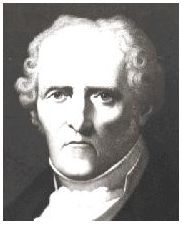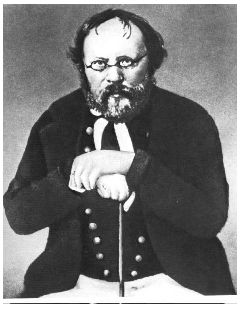CHARLES FOURIER (1772-1835)

According to Fourier, there is a providential plan in the universe, which implies man, his work and his social organization.
He stated that our society, with its anti-natural laws, has gradually distanced itself from nature (here, we clearly notice the influence of Rousseau).
According to Fourier, we need to abide by the laws of nature. In order to do this, Fourier suggested to organize the population into a new organism: the Phalanstère or phalanxes.
Such ‘phalanxes’ would form social organisations which would make one's work attractive to him/her. The population would be organized in PHALANXES, in other words, communities of around 1.600 inhabitants, under a communist regime, with the liberty of sexual relations and a laws for production and the consumption of goods.
These ‘Phalanstères’ constitute a precedent, over a century later, for 'hippy communities' which emerged in Europe and North America in the 60's and 70's in the 20th century; a result of the so-called 'counter-culture'.
PIERRE-JOSEPH PROUDHON (1809-1865)

For this author, there were two possible forms of justice:
- REVELATION (transcendence): The pressure of the collective being upon the individual being.
- REVOLUTION (immanence): The faculty of the 'individual being' who, without betraying his internal jurisdiction, finds himself as an equal and satisfied with the collective being.
In other words, according to Proudhon, a ‘revolution’ happens when individuals are able to overcome the pressure of the collective being.
In this sense, we can define PROGRESS as the fulfillment of justice, and ‘universal history’ would be the dominance of liberty.